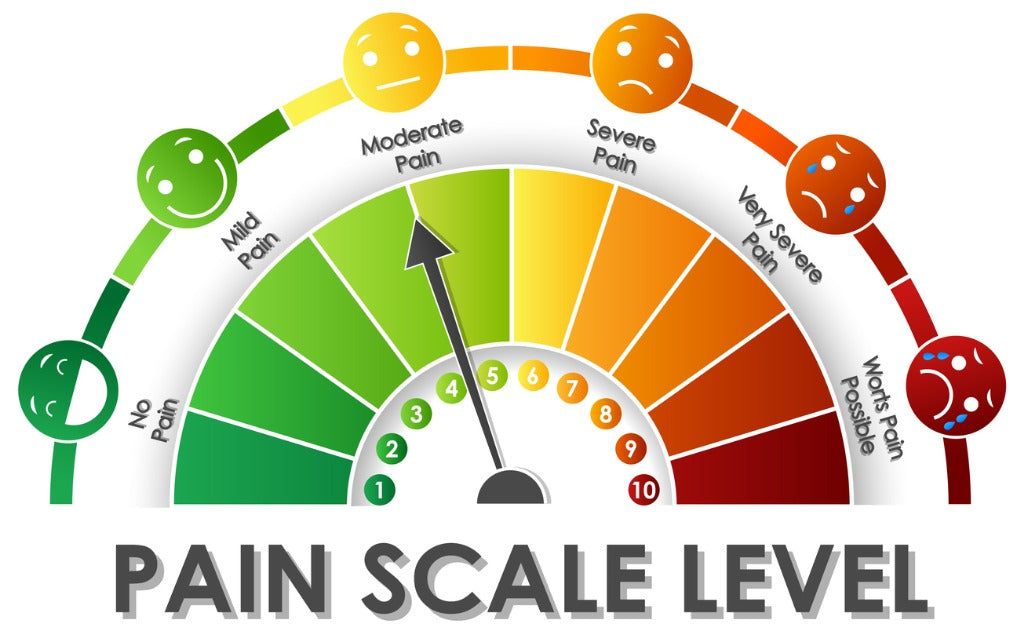What Food Is Good For The Elderly With No Appetite
Understanding The Causes Of Appetite Loss In Seniors
Believe it or not some people just don't have appetites when they get older
Understanding the causes of appetite loss in seniors is crucial for addressing their nutritional needs effectively. As individuals age, a variety of physiological and psychological factors can contribute to diminished appetite. One significant factor is the natural aging process, which often brings about changes in metabolism, hormone levels, and sensory perceptions. For instance, older adults may experience a reduced sense of taste and smell, making food less appealing.
Additionally, medical conditions commonly associated with aging—such as chronic illnesses like diabetes or heart disease—can affect appetite. Medications prescribed for these conditions may also have side effects that suppress hunger or alter taste perception. Furthermore, cognitive decline or mental health issues such as depression and anxiety can significantly impact an elderly person's desire to eat.
Social factors should not be overlooked either; many seniors face isolation or loneliness, which can lead to a lack of motivation to prepare meals or eat. Physical limitations resulting from mobility issues can further complicate meal preparation and consumption.

Understanding these multifaceted causes helps caregivers and family members approach the issue with empathy and tailored strategies. By recognizing the underlying reasons for appetite loss, caregivers can implement interventions that encourage eating—such as serving smaller portions of favorite foods or creating a more inviting mealtime atmosphere—ultimately promoting better nutrition and overall well-being in older adults.
Nutrient-Dense Foods To Consider
When addressing the nutritional needs of elderly individuals experiencing a diminished appetite, it's crucial to focus on nutrient-dense foods that pack a significant punch in terms of vitamins, minerals, and overall health benefits. These foods provide essential nutrients without requiring large portion sizes, making them ideal for seniors who may struggle to consume adequate amounts.

One excellent option is avocados, which are rich in healthy fats, fiber, and various vitamins. Their creamy texture makes them easy to eat and can be incorporated into meals or enjoyed as a standalone snack. Similarly, Greek yogurt is another nutrient-dense choice; it offers high protein content along with probiotics that support digestive health.
Incorporating dark leafy greens like spinach or kale can also be beneficial; these vegetables are loaded with vitamins A, C, K, and several important minerals while being low in calories. For those seeking something heartier yet easy to digest, consider incorporating legumes such as lentils or chickpeas into soups or stews. They provide protein and fiber while being versatile enough for various dishes.
Finally, small portions of nuts and seeds can serve as convenient snacks that deliver healthy fats and essential nutrients without overwhelming the palate. By focusing on these nutrient-dense options, caregivers can help ensure that elderly individuals maintain their nutritional intake even when their appetite wanes.
Small, Frequent Meals: A Key Strategy
As we age, many individuals experience a decrease in appetite, which can lead to inadequate nutrition and health complications. One effective strategy for managing this challenge is the practice of small, frequent meals. This approach not only makes eating less daunting but also ensures that older adults receive essential nutrients throughout the day.

Small meals are easier to consume and digest, minimizing feelings of fullness that can deter eating. By breaking down daily intake into five or six smaller portions rather than three large ones, older adults may find it more manageable to nourish themselves without feeling overwhelmed. This method also encourages variety; incorporating different foods across multiple meals allows for a broader range of flavors and nutrients.
Moreover, frequent meals can help maintain energy levels and stabilize blood sugar, which is particularly important for seniors who may face fluctuations in energy due to medical conditions or medications. Hydration can be integrated into this strategy as well—soups, smoothies, and yogurt-based dishes not only provide nourishment but also help maintain fluid intake.
Ultimately, adopting small, frequent meals creates a more relaxed atmosphere around food. It encourages exploration of new tastes while addressing nutritional needs holistically. With thoughtful planning and creativity in meal preparation, caregivers and family members can significantly enhance the dining experience for elderly individuals struggling with appetite issues.
Flavor Enhancements To Stimulate Appetite
As individuals age, changes in taste perception and decreased appetite can make mealtimes less enjoyable. To combat this, flavor enhancements play a crucial role in stimulating appetite and making food more appealing. One of the most effective methods is the incorporation of herbs and spices. Fresh ingredients like basil, rosemary, thyme, and parsley not only add vibrant flavors but also provide antioxidants that contribute to overall health.
The aromatic properties of these herbs can awaken the senses and encourage a more enthusiastic approach to eating.
Moreover, umami-rich ingredients such as mushrooms, tomatoes, or nutritional yeast can enhance flavors significantly. This savory taste often appeals to older adults who may find traditional meals bland. Incorporating zest from citrus fruits—like lemon or lime—can also brighten dishes while adding a refreshing tang that stimulates interest in food.
Texture plays an equally important role; combining creamy elements with crunchy toppings can create contrast that makes meals more enjoyable. For instance, a smooth yogurt topped with granola not only provides nutrients but also introduces an inviting texture that encourages consumption.
Finally, presentation matters greatly; colorful plates filled with varied textures are visually enticing and can arouse curiosity about what’s being served. By focusing on enhancing flavor through these methods, caregivers and loved ones can help rekindle joy at mealtimes for the elderly with diminished appetites.
Hydration And Its Importance For Seniors
Hydration is a crucial aspect of health, especially for seniors who may struggle with appetite. As people age, their sense of thirst can diminish, leading to a higher risk of dehydration. This is particularly concerning because dehydration can exacerbate existing health issues and lead to complications such as urinary tract infections, confusion, and even kidney problems. For elderly individuals with little appetite, maintaining proper hydration becomes even more essential since they might not be consuming enough food that typically contributes to fluid intake.

Encouraging seniors to drink fluids regularly can help mitigate the effects of reduced appetite. Water is the best option; however, other hydrating beverages like herbal teas or diluted fruit juices can also be beneficial. Foods with high water content—such as fruits like watermelon or oranges and vegetables like cucumbers—can be incorporated into meals or snacks to boost hydration levels without overwhelming the palate.
Moreover, creating a pleasant drinking environment can stimulate interest in fluids. Offering drinks in visually appealing glasses or adding garnishes like mint leaves or lemon slices might make hydration feel more inviting. Ultimately, fostering an awareness of the importance of hydration not only helps maintain physical health but also enhances overall well-being for seniors who may face challenges with their appetite.
Regular monitoring and encouragement from caregivers or family members can further ensure that elderly individuals remain adequately hydrated.
When To Seek Professional Help For Appetite Issues
When addressing appetite issues in the elderly, it’s crucial to recognize when professional help is needed. A diminished appetite can be a normal part of aging, but it may also signal underlying health concerns that require medical attention. If an elderly person experiences a significant and persistent decline in appetite—especially if accompanied by weight loss, fatigue, or changes in mood—consulting a healthcare provider is essential.
Additionally, if the lack of appetite is linked to difficulty swallowing or gastrointestinal discomfort, seeking professional guidance should not be delayed. These symptoms could indicate more serious conditions such as dysphagia or gastrointestinal disorders that necessitate further evaluation.
It’s also important to consider any recent medication changes. Some medications can impact appetite significantly; therefore, discussing these with a doctor can provide insights into potential adjustments. Mental health factors such as depression or anxiety can further complicate eating habits and should be addressed through professional support.
Lastly, if there are concerns about nutritional intake leading to deficiencies—whether from lack of variety in food choices or inadequate caloric consumption—a registered dietitian can offer tailored advice and strategies to enhance dietary intake without overwhelming the individual. Recognizing these signs early can lead to effective interventions and improved overall well-being for elderly individuals facing appetite challenges.





